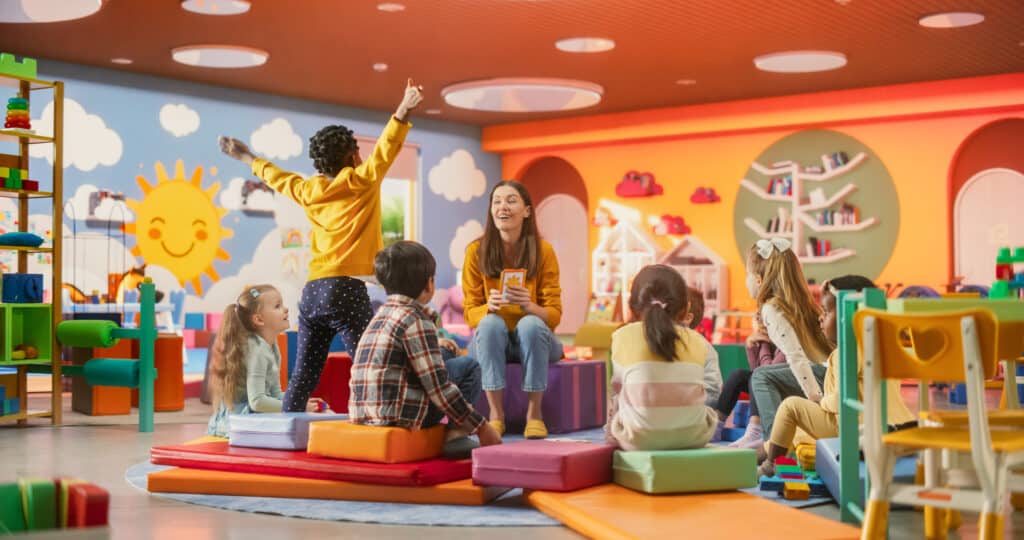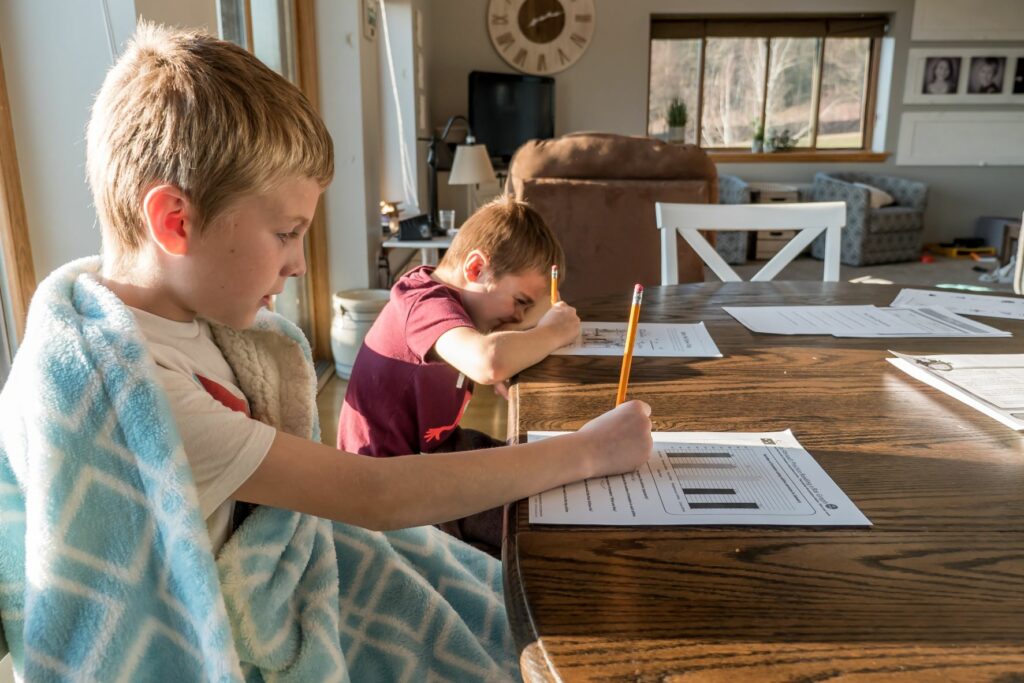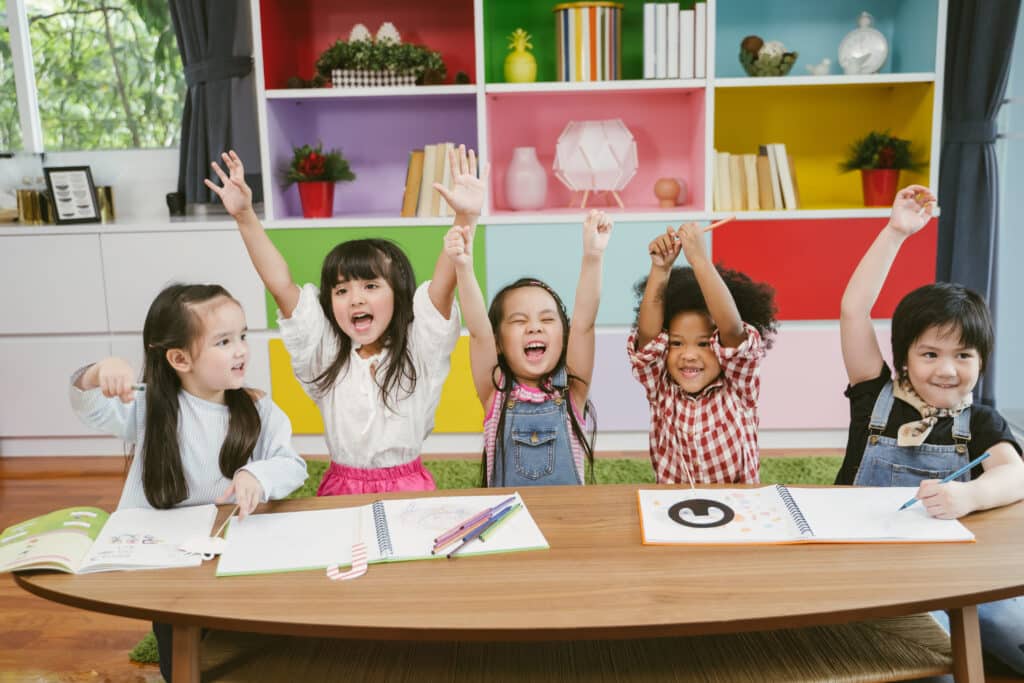Seamless Childcare in BC Schools Is Gaining Momentum
For seamless childcare to reach families province-wide, school districts need ongoing funding and policy support from the provincial government.


The pandemic has disrupted our lives in many ways. The world of work and education has been locked down, reopened, and locked down again. As a result, many parents, teachers, and students can’t wait to get back to “normal” school. Many that fall into this camp discuss the lack of community along with the lack of face-to-face interactions with teachers and peer groups when not learning in person, especially as the education marketplace adapts to meet the needs of families seeking more flexible and personalized learning options.
However other parents, teachers, and students fall into another camp. This group likes digital learning models because students can go at their own pace and set their own times for study. Learning online allows for more personalized learning and time for experiences and projects.
There are also others that fall somewhere in between both these groups, who prefer a student-led hybrid learning model that allows students to take some courses in school, and others online with an asynchronous format. This allows students to take courses in an environment that fosters well-timed support and self-pacing, allowing students to have access to a wider range of teachers with various expertise.

Another important topic in this debate has been the impact of online learning on mental health. We know that many children thrive at school socially and academically, however others struggle in a traditional school environment. To some it can be a tough experience, having to deal with the social pressures of school on top of learning in a way that isn’t best suited for them. The idea that schools as they were pre-pandemic were the best places for the mental health of all children is simply not true. Pretending that in-class school was a panacea for all students is tempting after almost 24 months of pandemic reality, however, it would be inaccurate. The social pressures of bullies, unwanted assumptions about abilities and physical characteristics as well as feelings of not belonging are all painful realities for many students that can often impact brain function and overall student performance.
These emerging realities have led many parents, educators, and students to contemplate which version of school was the best option for students. The fact is, they are all right. The future of education should be less about a one size fits all model and more about personalized learning at scale. The future of education will move more towards finding the right framework, tools, and combinations that work best for the individual learner in a personalized way. Welcome to the emergence of student-led hybrid learning models.
In a traditional classroom, it is extremely difficult – near impossible even – for the best of teachers to capture all the needs of every student. The effective teacher will attempt to differentiate learning, however until recently this was hard to do effectively. Today, however, we are moving away from a standardized world to a more personalized one. We now live in a world where we can use traditional teaching methods, new teaching methods, digital technology, student success innovations, and neuroscience to have a much greater positive impact on a wider range of students. We can address more student needs and increase personalized learning at scale.
The future of education is not about in-person learning vs. online learning, it’s about personalized learning at scale. The future of education is human-led, purpose-driven, and technology-augmented. Digital technologies are not an end in themselves. They are new tools that we can use to help us create the types of outcomes we desire. Data-driven evidence around neuroscience and learning, student success technologies, and student-led hybrid learning models are evolving quickly.
Innovative use of ideas like spaced repetition, mindfulness, sleep monitoring, and online schools that run parallel to brick and mortar schools are all already helping to improve student success and create more inclusive models of learning.
Ontario Virtual School, an Ontario Ministry of Education accredited school, has already issued over 25,000 Ontario Secondary School Diploma (OSSD) high school credits and over 97% of their students were accepted to top universities across Canada. Studies around alternative school start times have been leveraged at schools like St Andrews Boys School in Aurora, Ontario, part of suite changes based on neuroscience research where the school has seen a significant increase in grades and mental wellbeing. CISCO’s Connected North program has connected over 20,000 Indigenous students to Indigenous educators and mentors to create a library of culturally relevant curriculum that can be accessed in some of the most remote locations in Canada (including schools in BC) and anywhere around the world.
The mental health and academic success of children are not an in-person vs. remote learning conversation. As educators and parents, we need to focus on some key questions that could help us find the truth in the nuance:
Who thrived over the last 18 months and who didn’t? What worked and what didn’t? What were the specific benefits? What were the specific drawbacks? Whose quality of well-being increased or decreased?
We are in the age of digital transformation in both work and economy today. As parents and teachers, we need to ensure students are empowered with the correct tools and skills for success in the future.
Dwayne Matthews
Dwayne Matthews is a Future of Education Strategist, Innovation Evangelist, and an Ontario Virtual School Advisory Board Member. He helps school boards, educators and parents understand new and evolving themes around the future of education, the future of work, and how to help prepare children to thrive in a rapidly evolving digitally transformed world.
For seamless childcare to reach families province-wide, school districts need ongoing funding and policy support from the provincial government.

Childcare nutrition programs do much more than provide food—they supports the development of lifelong habits and social-emotional skills.

Choosing a preschool is one of the most important decisions parents make in their child’s early years.
